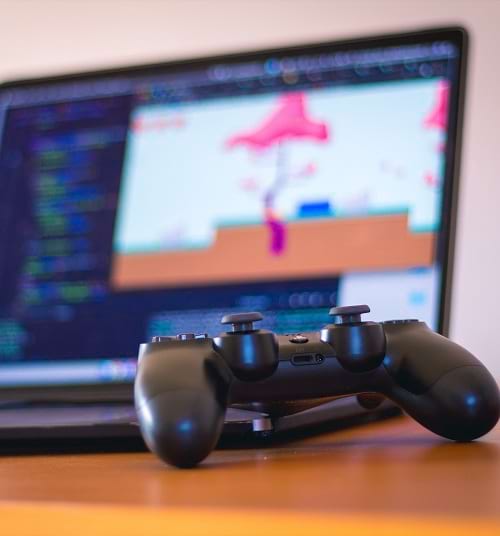A Complete Guide To A Career in Game Development
Have you ever raced through the streets at midnight, been chased by the police, shot down multiple villains, rescued your damsel in distress, and got yourself killed time and again in the process? If yes, you know how fascinating the world of gaming is.
If you’ve ever sat at your gaming console and wondered how to get into the gaming industry and delve into a career in game development, you’ve come to the right place.
Gaming has come a long way. Today it has established itself as a fast-evolving industry with over 2.34 billion gamers worldwide. And it’s only getting bigger with the advent of cloud gaming services and big tech companies entering the fray with their own gaming platforms - Google Stadia, Microsoft xCloud, and Apple Arcade.
Every year the Indian gaming industry does nearly $890 million worth of business, and there are more than 100 game development organizations in the country!
There’s a rise in demand for professionals in the field, game development career beat any typical 9-5 work, and plenty of exciting roles are available. You will not only create games but can also immerse yourself in the gaming world – and it will be all in a day’s work.
Dive in and learn all about careers in game development in India in this guide from Seamedu.



